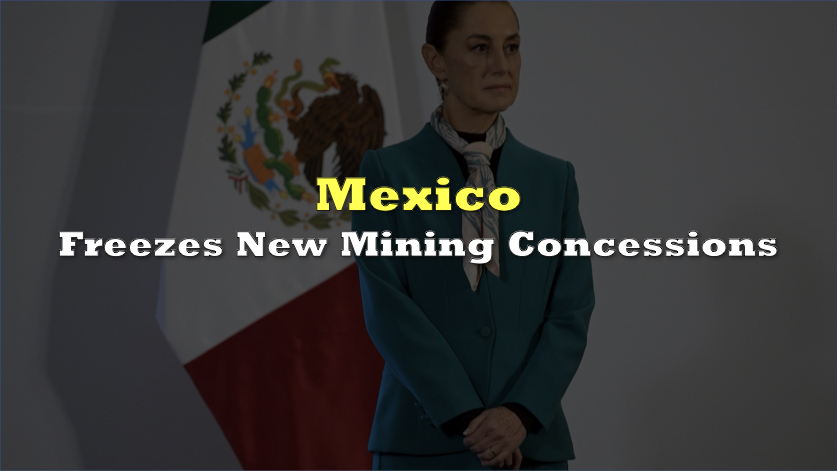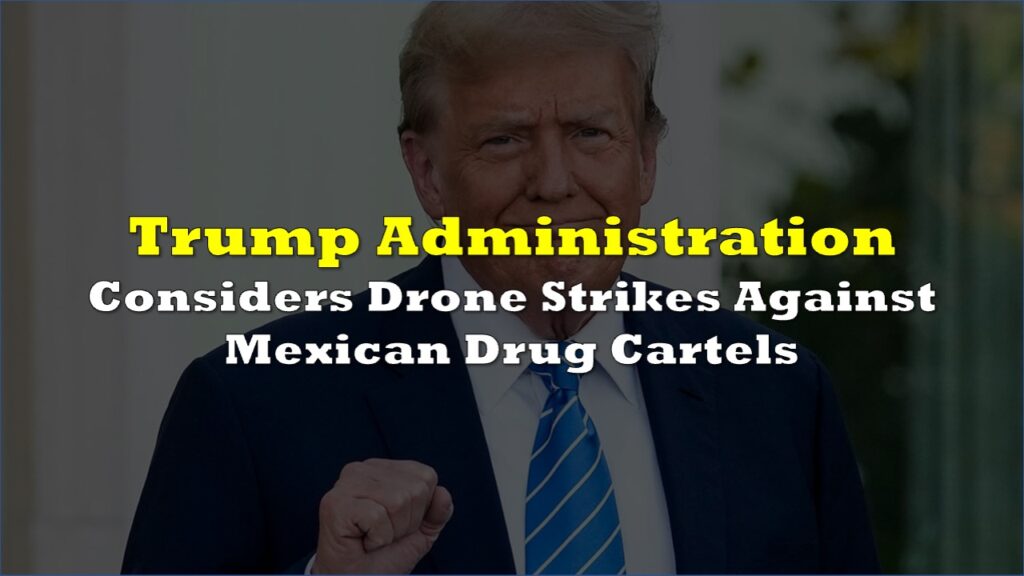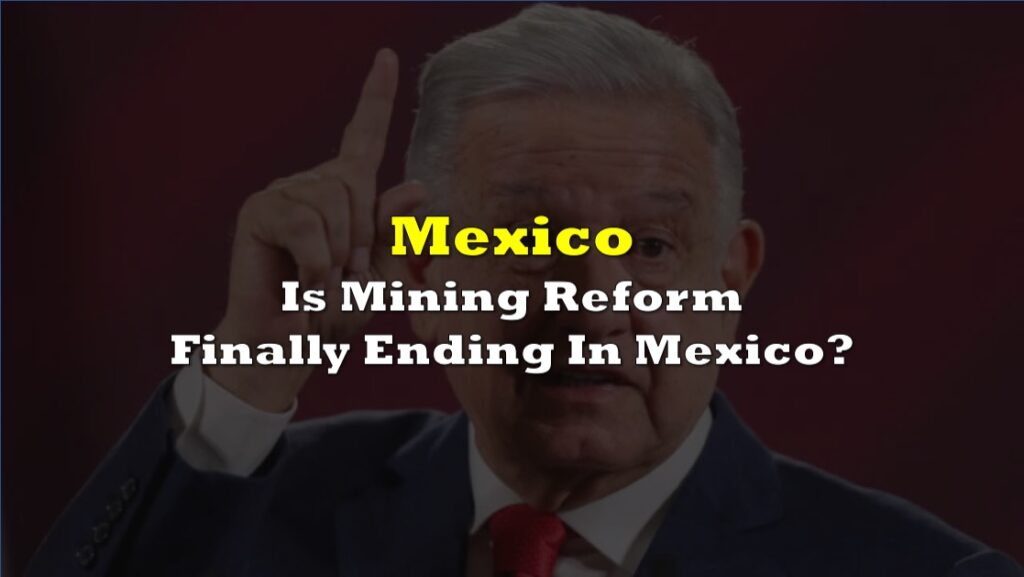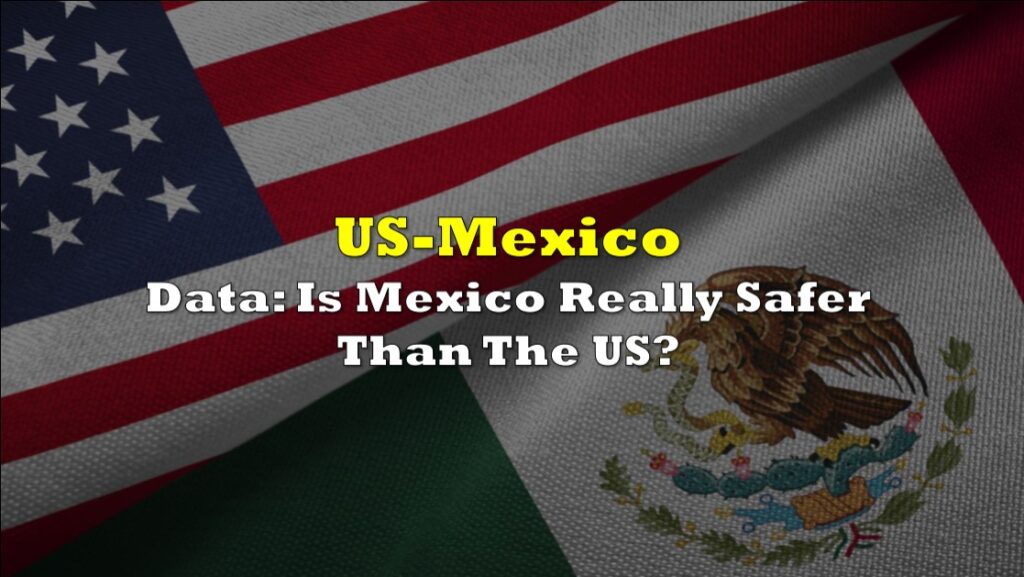In a significant move aimed at reshaping Mexico’s environmental and agricultural policies, a key committee in Mexico’s lower house of Congress has approved two constitutional reforms that, if passed, could dramatically alter the landscape of the country’s mining and agricultural sectors. The proposed reforms, which are part of a broader package of constitutional changes, are designed to ban open-pit mining and fracking, as well as impose strict limitations on the use of genetically modified (GM) corn.
The proposals, approved by the committee on Wednesday, will be presented for discussion in the full lower house when lawmakers return from their current recess in September. These changes represent a cornerstone of President Andrés Manuel López Obrador’s (AMLO) agenda to shift Mexico’s policies towards more sustainable practices, particularly in the face of climate change and environmental degradation.
The reforms not only seek to address environmental concerns but also aim to protect Mexico’s rich biodiversity and safeguard public health. If implemented, the changes would ban open-pit mining—a practice heavily criticized for its impact on ecosystems and water resources. Open-pit mining has long been a controversial issue in Mexico, with many communities suffering from the pollution and environmental damage it often leaves in its wake.
Additionally, the reforms would prohibit hydraulic fracturing, commonly known as fracking, a technique used to extract oil and gas from underground rock formations. Fracking has been linked to numerous environmental problems, including groundwater contamination, increased seismic activity, and the release of methane, a potent greenhouse gas. These environmental risks have made fracking a contentious issue globally, and Mexico is now poised to join other nations that have opted to ban the practice.
The reforms also include provisions to protect water resources, particularly in areas suffering from water scarcity. The proposed changes would prevent the exploitation of water in regions where it is already in short supply, with exceptions only for extraction needed for domestic use in populated areas.
This measure is especially relevant in Mexico, where water scarcity is becoming an increasingly urgent problem, exacerbated by climate change and over-extraction by industries, including agriculture and mining.
One of the most contentious elements of the proposed reforms is the restriction on genetically modified (GM) corn. The proposal seeks to allow the entry of GM corn into Mexico only for non-human consumption and only if the grain does not have the capacity to germinate. This measure comes amidst an ongoing dispute between Mexico and the United States, which is being reviewed by a panel under the U.S.-Mexico-Canada Agreement (USMCA).
Mexico’s stance on GM corn is deeply rooted in concerns over biodiversity and the protection of native corn varieties, which have been cultivated in the country for thousands of years. Environmental and agricultural groups in Mexico argue that the widespread use of GM corn could threaten these native varieties and lead to the loss of genetic diversity. Additionally, there are fears that GM crops could have unforeseen health impacts on consumers, although this claim remains a subject of debate within the scientific community.
The United States, however, has pushed back against Mexico’s restrictions on GM corn, arguing that they violate the USMCA and could disrupt the agricultural trade between the two countries. The U.S. is a major producer of GM corn, and Mexico is one of its largest importers. The potential impact on trade has made this issue a significant point of contention in the bilateral relationship.
These proposed reforms are part of a larger package of constitutional changes introduced by López Obrador in February. The package includes a range of proposals, from environmental protections to restructuring the judiciary, all aimed at fulfilling AMLO’s broader vision of a more equitable and sustainable Mexico.
For these constitutional changes to take effect, they must be approved by a two-thirds majority in both the lower house and the Senate, as well as by a majority of state congresses. In the most recent elections, AMLO’s ruling party, Morena, along with its allies, secured a qualified majority in the lower house but fell just two seats short in the Senate, making the path to approval potentially challenging.
The Mexican Mining Chamber (Camimex) has expressed strong opposition to the proposed ban on open-pit mining, warning that such a move could have severe economic consequences. According to Camimex, a ban on open-pit mining could lead to a 1% contraction in Mexico’s GDP and put approximately 200,000 jobs at risk.
The mining sector is a significant contributor to the Mexican economy, and the proposed reforms have sparked concern among industry stakeholders about the potential for economic disruption.
Information for this briefing was found via Reuters and the sources mentioned. The author has no securities or affiliations related to this organization. Not a recommendation to buy or sell. Always do additional research and consult a professional before purchasing a security. The author holds no licenses.










One Response
Manmade global warning is fake science pushed by the criminals in the UN and the mainstream media.